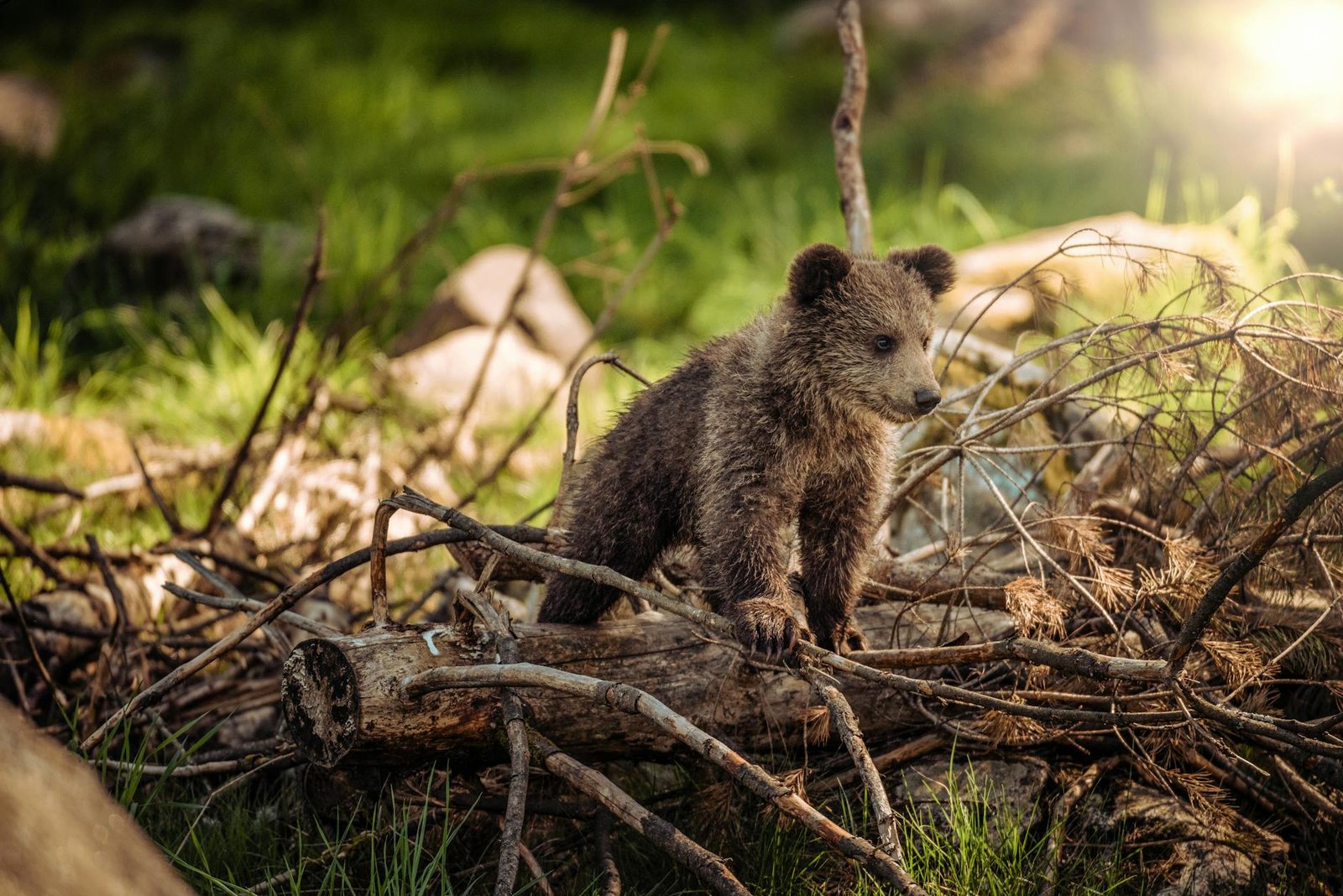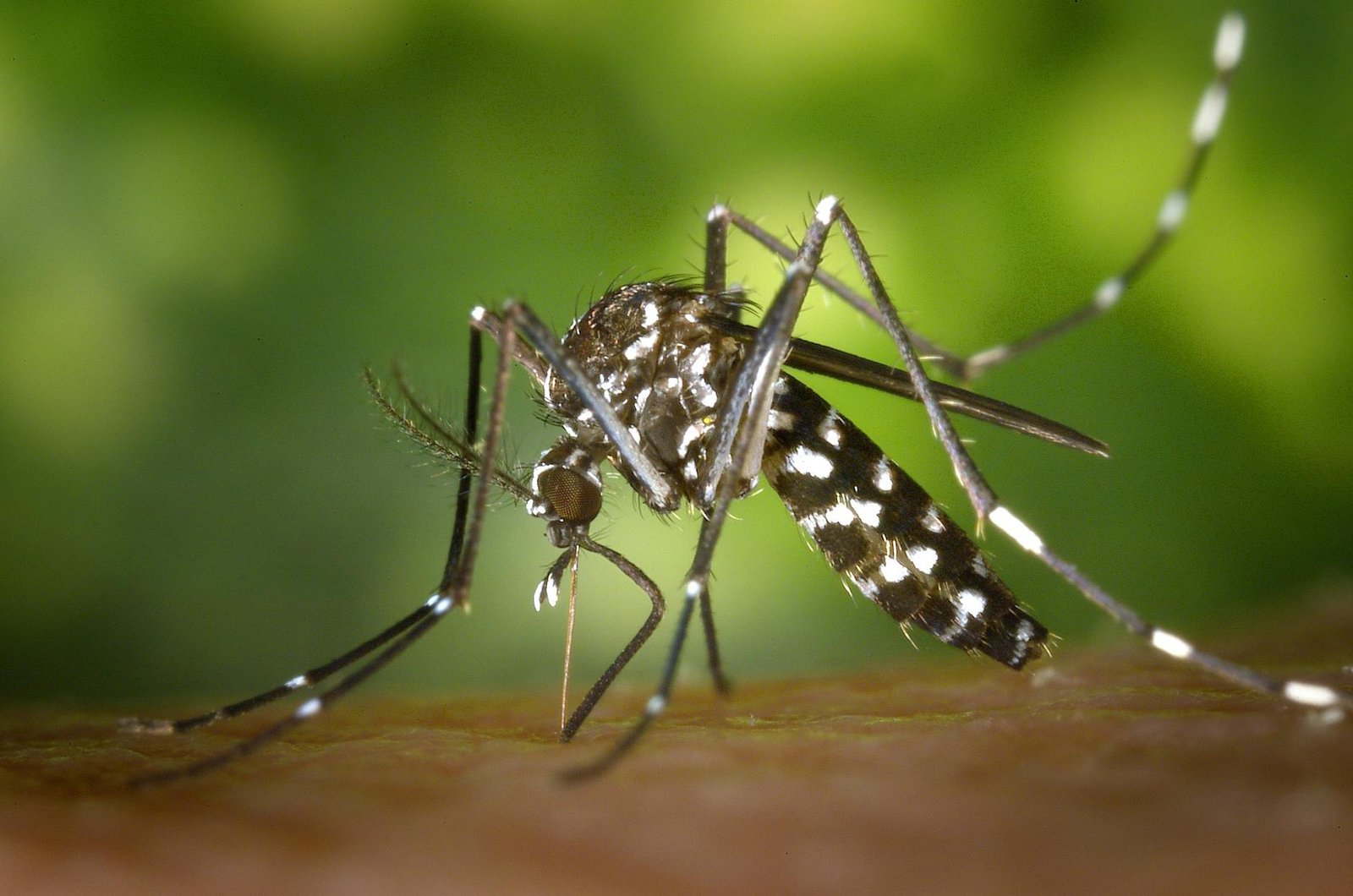Camping in the great outdoors can bring you closer to nature and offer a sense of serenity and adventure. However, sharing your campsite with wildlife animals can sometimes lead to unexpected encounters. Whether it’s a curious raccoon, a bear, or a deer, knowing how to react when an animal enters your camp is essential for the safety of both you and the animal. In this article, we will explore the steps to take in case an animal enters your campsite.



Stay Calm and Quiet
The most important initial reaction when animals enters your campsite is to stay calm. Sudden movements or loud noises can startle the animal, potentially leading to aggressive behavior or a hasty retreat. Keep your voice low and soothing, and encourage others in your group to do the same.
Assess the Situation
Before taking any action, assess the situation. Identify the type of animal you’re dealing with, its behavior, and its distance from your campsite. This information will help you decide on the appropriate course of action.
Do Not Approach or Corner the Animals
Never approach or attempt to corner the animal. Give it plenty of space and an escape route. Animals may feel threatened if they are cornered, which can lead to unpredictable behavior.
Keep Your Distance From Wild animals
Maintain a safe distance from the animal, ideally at least 100 yards or more for larger wildlife like bears. Use binoculars or zoom camera lenses to observe the animal from a distance if you want a closer look.
Secure Food and Garbage
Wild animals are often attracted to campsites by the scent of food. If the animal is showing interest in your food or trash, secure these items immediately. Use bear-resistant containers or hang food from a tree branch, following the specific guidelines provided in the area for bear safety.
Avoid Eye Contact with Animals
Avoid direct eye contact with the animal, as it can be perceived as a threat. Keep your gaze averted while maintaining awareness of the animal’s movements.
Make Yourself Look Bigger
If the animal approaches too closely or appears to be threatening, make yourself look larger by raising your arms and standing on your tiptoes. This can be an effective deterrent for some animals.
Make Noise
In some cases, making noise can help scare the animal away. Clap your hands, use a whistle, or shout loudly to make your presence known. Most animals will prefer to avoid humans if given the chance.
Back Away Slowly
If the animal remains in your campsite, slowly back away without turning your back on it. Head towards a secure location, such as your vehicle or a designated safe area.
Report the Encounter
After the situation has been resolved, report the animal encounter to local park rangers or authorities. They can provide guidance and assess whether any actions are needed to mitigate future encounters.



Encounters with wildlife can be a thrilling and educational part of camping, but they require caution and respect for the animals. By staying calm, maintaining a safe distance, and securing food and trash, you can help ensure a peaceful coexistence between campers and wildlife. Always prioritize safety and adhere to local regulations when camping in areas known for their diverse wildlife. Remember that observing animals in their natural habitat can be a magical experience, and it’s our responsibility to protect their environment and well-being.
Get more safety tips for you camp at https://trailtotent.com/safety/






Leave a Reply